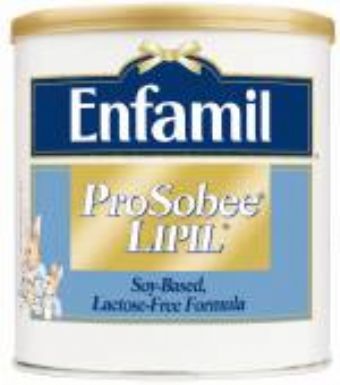
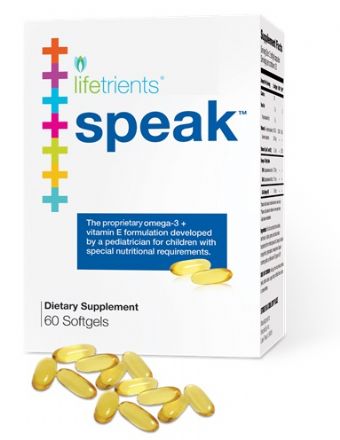
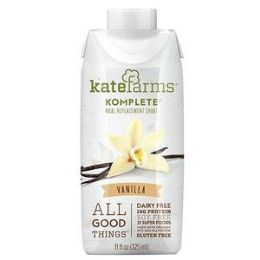
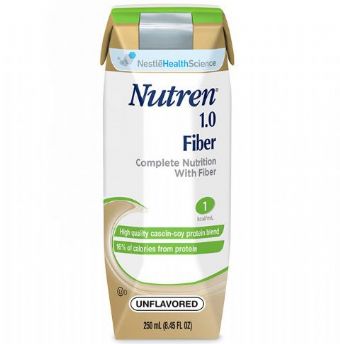
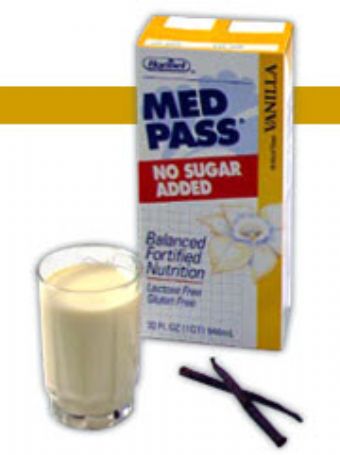
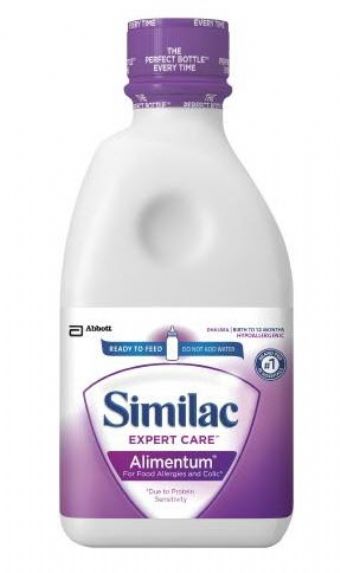
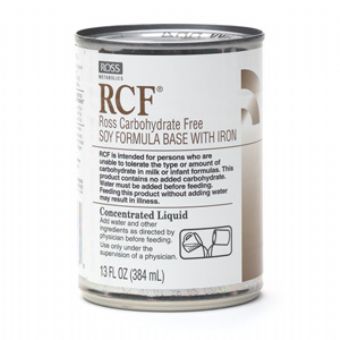
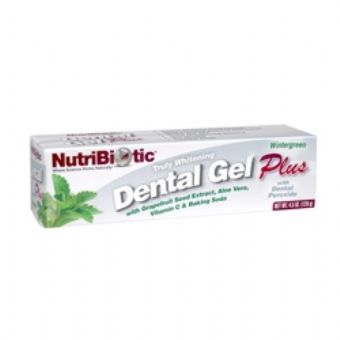
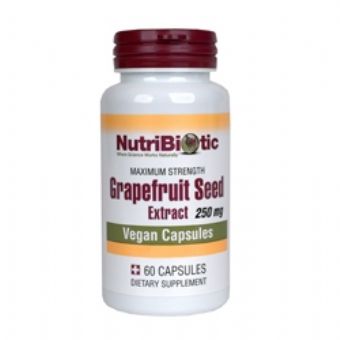
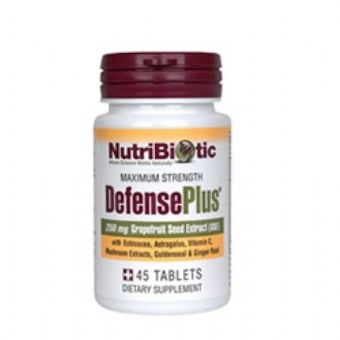
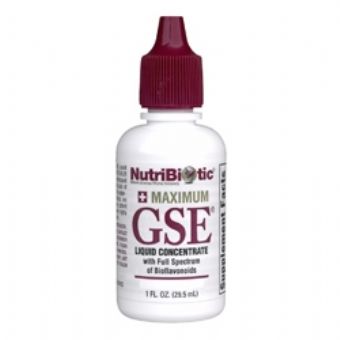
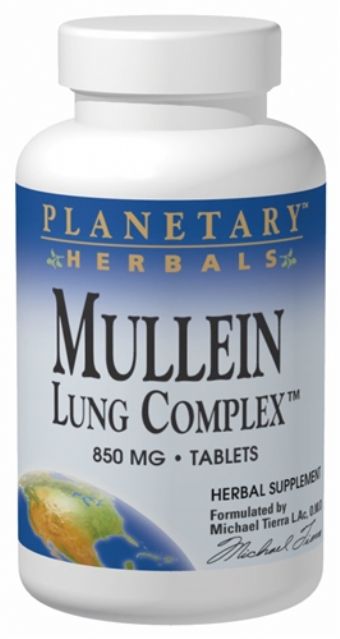
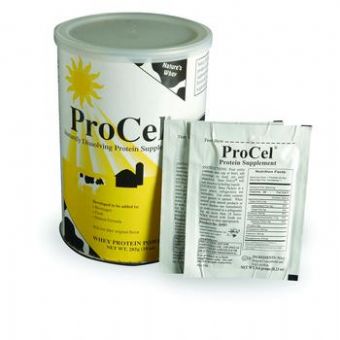
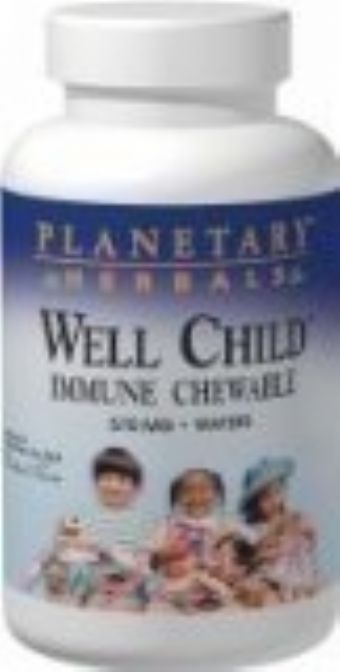
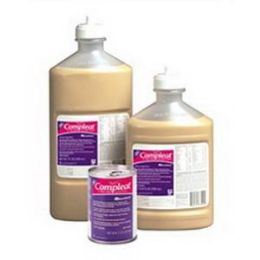
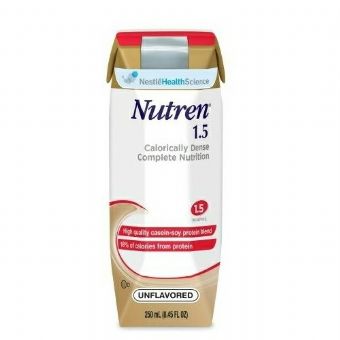
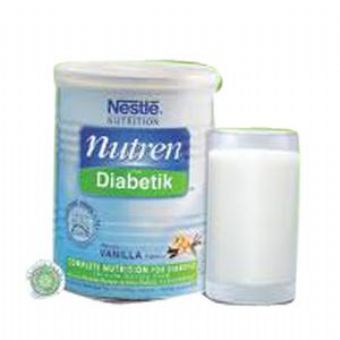
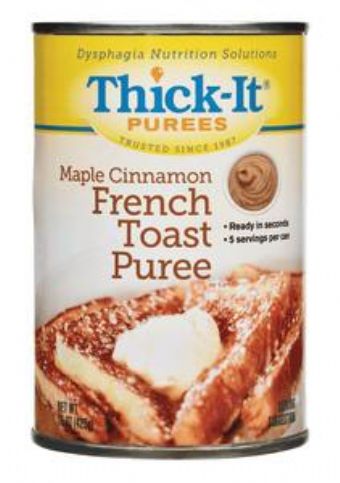
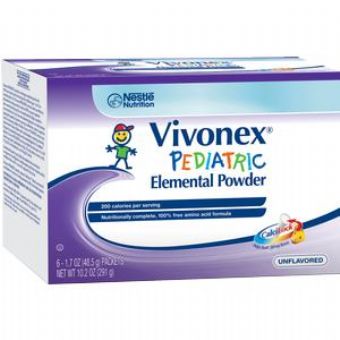
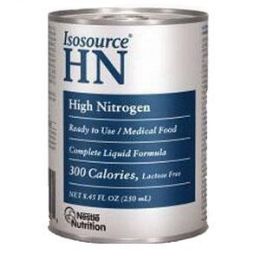
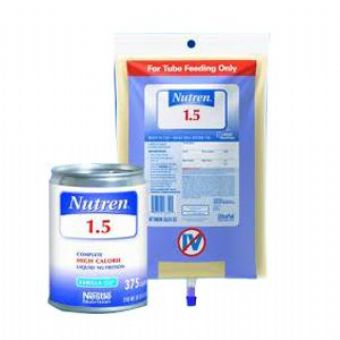
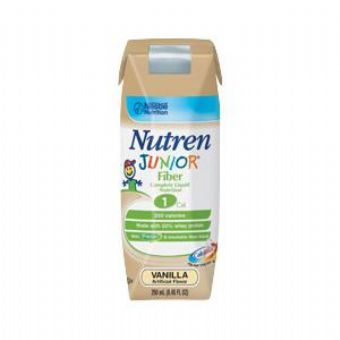
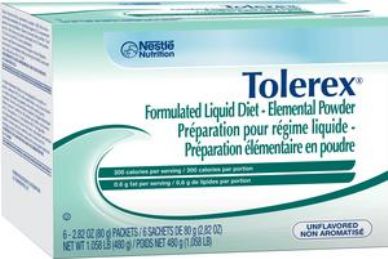
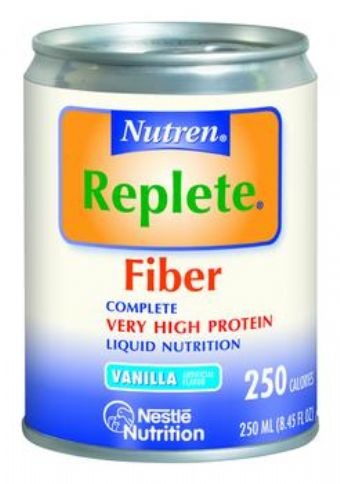
What is Infant Formula?
Infant formula comes in a powder, liquid, or liquid concentrate form and can serve as the primary source of vitamins, nutrition, and iron in the first months, and sometimes years, of a child’s life. And, it is a safe and healthy substitute for breast milk. Infant formula is available in many varieties; with or without iron, with or without milk, with or without soy, and various vitamin-mineral-nutrient formats.
There are three basic types of formulas to choose from; soy-based, milk-based, and protein hydrolysate, all in liquid or powder form. Understanding the unique baby’s dietary needs determines which type is best. The ingredients in infant formula are designed to replicate breast milk. Although it is not exactly like human milk, infant formula generally provides adequate nutrition to a baby.
Milk-based formulas are made from cow’s milk and are suitable for most babies because the fat, protein, and carbohydrates are adjusted to resemble breast milk. Some choose formulas made with soy milk and these are nutritionally similar to cow’s milk, but do not contain animal proteins. Some babies are more comfortable with a soy milk formula, while others may have the same reactions to the proteins in both soy and cow milk.
Protein hydrolysate formulas, also called hypoallergenic, are suitable for babies who have bad reactions to soy and cow milk, such as diarrhea, rashes, and stomach upset. These formulas are often recommended for premature babies or infants with a family history of food allergies. This type of formula contains proteins that have been broken down to resemble pre-digested proteins and are less likely to cause an allergic reaction.
What is Protein Powder?
Protein powder is a dietary supplement which is made from one or more the following basic sources of protein: milk, casein, soy, eggs, and whey. These concentrated protein sources are processed into powdered form that can be reconstituted into liquid form as a protein drink when mixed with milk, fruit juice, or water. Also, protein powder can be stirred into soups or stews, sprinkled on cereal, mixed into other types of food, or cooked into baked goods and other meals. Research has shown that taking in protein powder every day can improve the healing of wounds after surgery or injury, boost immune system health, and promote healthy skin.
Whey supplements may be the most common type and come in three forms. These forms are isolates, concentrates, and hydrolyzed. Isolates have most of the lactose and fat removed and about 75% of those remaining are absorbed by the body. Concentrates typically are low in cholesterol and fat but have a high level of mild carbohydrates and about 60% body absorption. Hydrolyzed protein powders are broken smaller so they can digest faster and send the amino acids to the muscles quicker.
Egg protein supplements will have all the necessary amino acids utilized by the body for its muscles. The amount of protein found in egg whites is very high and the fat content is almost non-existent, therefore, they contain no cholesterol. Egg protein supplements are made from ingredients found only in eggs, making it a natural form of soluble protein.
Casein protein supplements provide a steady release of protein into the body over several hours. If an individual is going to bed on an empty stomach, the body may use its own muscles for energy during the night. But, drinking casein protein before bed can prevent this effect and satisfy the hunger pangs until morning. It requires 6 to 8 hours for proper digestion, so it lasts throughout the night. In comparison, whey protein absorbs within an hour if needing faster nutrition.
Soy protein powders aid in improving the amino acid levels of other foods. This makes them nutritious and helps to lower cholesterol. All the amino acids required for growing and maintaining muscle tissue are available in soy protein.
An individual’s body needs protein every day because that is the substance from which tissues and muscles are built. Plus, there is no place where the body can store extra protein. The need for proper protein in the body is second only to the need for water. Those who follow diets may get plenty of protein through various food combinations. But others do not get enough protein due to medical conditions that decrease the ability to properly eat and digest foods.
They can also be a substitute for an easy protein shake for a meal, especially if wanting to lose weight. Protein provides many nutritional benefits and is helpful if consumed throughout the day. But a healthy boost of it first thing in the morning can enable the body to stabilize its blood sugar levels throughout the rest of the day. The recommended daily dose is based on age, weight, and activity levels.
What is Enteral Nutrition?
Enteral nutrition is a way of providing energy and nutrition for those who are unable to eat enough food because of an illness. Those who require enteral feeding may have a decreased appetite or difficulty swallowing because of pain or of an illness or injury that prevents swallowing. Enteral nutrition gives them a carefully balanced food source which contains all the nutrients needed to stay alive.
In normal eating and digestion, food is chewed and then swallowed. In the stomach, the food is broken down into molecules. In the small intestine and bowel, nutrients are absorbed to distribute throughout the body. An injury or illness that prevents an individual from swallowing food can quickly lead to energy or nutrient starvation. Enteral feeding supplies the energy and nutrients directly to the stomach, so the process of chewing and swallowing is bypassed. It is given when a person has a functional digestive tract but cannot swallow food.
Enteral nutrition can be delivered in one of several ways, such as a nasogastric feeding tube, nasoduodenal tube, or nasojejunal tube. Each tube feeds into a different location in the digestive tract, such as the stomach, the duodenum, and the jejunum respectively. The type of feeding tube used depends on what the individual is able to tolerate and whether they have a digestive disease, such as esophageal reflux.
If an individual requires long-term enteral nutrition, a gastrostomy tube is more likely to be put in place. This tube offers direct access to the stomach through a surgically created hole in the abdomen, called a stoma. This type requires extra care to make sure the stoma does not become infected.
Rehabmart is pleased to offer a comprehensive selection of superior quality nutritional supplements for infants, teens, adults, and the elderly from high quality vendors, which include Independence Medical, NourishLife, McKesson Medical-Surgical, Medline, Directly From Nature, and Jadience.
Hulet Smith, OT
Rehabmart Co-Founder & CEO
lb